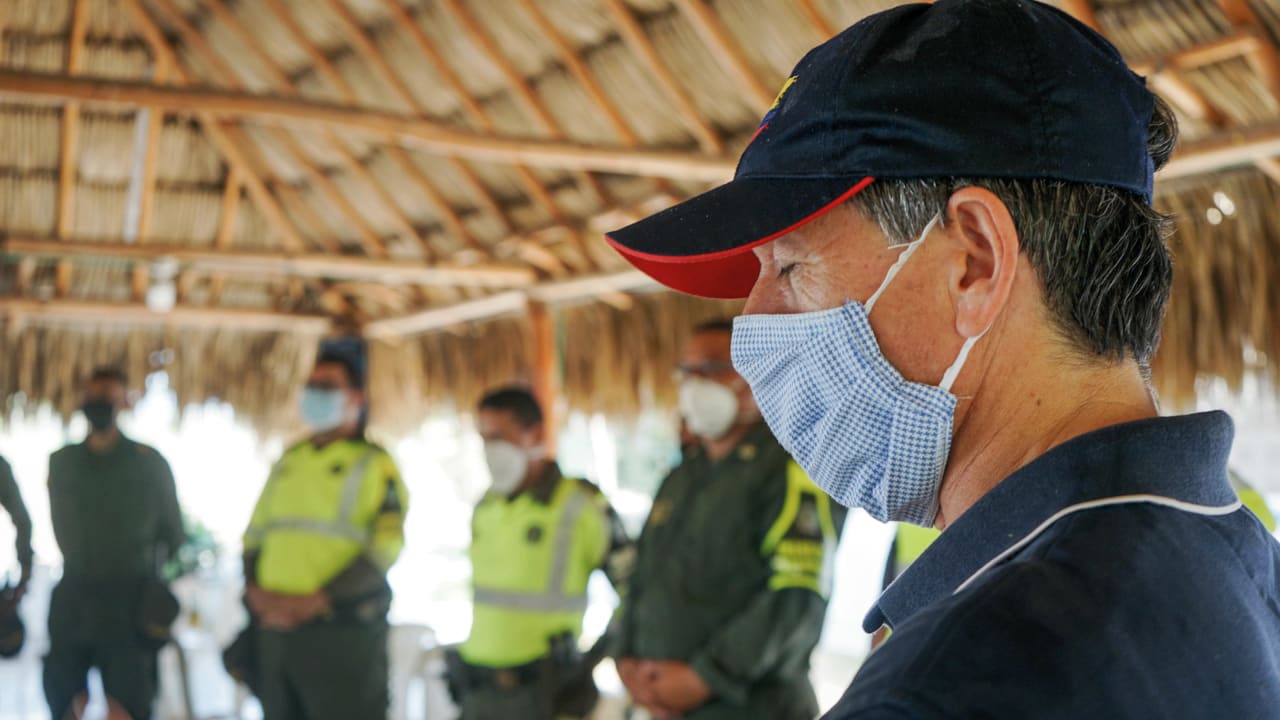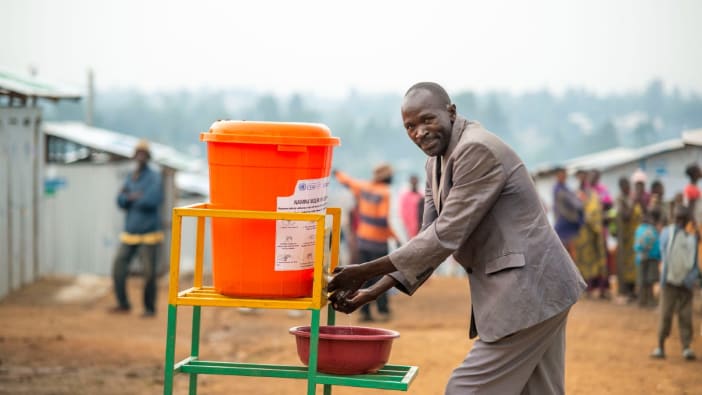Sheryl Haw is the former international director of Micah Global. She has lived and worked in many different countries, including her home country of Zimbabwe. Here she reflects on some common questions related to the Covid-19 pandemic.
Is Covid-19 God’s judgement?
The disciples of Jesus had similar concerns in Luke 13:1–5. Were the people killed by Pilate, or crushed by the tower in Siloam, worse sinners than others? Was this judgement? Jesus clearly says no. Covid-19 should not be viewed as God’s judgement.
However, Jesus does emphasise that such events should be taken seriously. Life is precious and fragile. We have one life to live, and no one knows when it will end. Jesus encourages us to think carefully about our priorities and actions. Eventually, each of us will have to give account for the life we live (Romans 14:12). Jesus calls us to turn away from wrongdoing, choose good, choose life and follow him.
Why has Covid-19 happened?
The outbreak of Covid-19 is not a ‘natural disaster’. When people are in close contact with animals, viruses from the animals can pass to humans. Deforestation, the bushmeat trade, wild animal trafficking and unsustainable agricultural practices make this more likely to happen.
The Leviticus rules about food and hygiene practices had both health and theological links. The importance of washing, knowing what was clean and unclean and how to prevent contamination shows God’s concern for people’s health (for example, see Leviticus 11).
If God took such detailed interest, so should we. The church should lead the way in teaching and modelling best practice in health, hygiene and environmental protection.
Should Christians be afraid?
It is natural to be concerned about Covid-19 or any other threat to our health and well-being, but God promises to be with us always (Romans 8:38–39). He has given us a spirit not of fear, but of power, love and self-control (2 Timothy 1:7).
We can step forward in faith and hope (1 Corinthians 13) as we find ways to bless, serve and care for our communities.
Is Covid-19 a sign of the end times?
The biblical description of the ‘end times’ refers not only to a time in the future, but to the whole time from the first coming of Christ until he returns (Hebrews 1:1–2).
In every generation, some people try to predict when Jesus will return. However, he clearly warned his disciples that the date and hour is not known (Mark 13:32). Our role is to live in readiness so that we will be found doing what we have been called to do. We can view events such as the Covid-19 pandemic as creation groaning and longing for Christ’s return (Romans 8:22).
What can we be sure of?
Romans 8:28 says, ‘And we know that in all things God works for the good of those who love him, who have been called according to his purpose.’
God is light: there is no darkness in him. He does not make bad things happen, but he does work in every situation to ensure good comes out of it. God does not promise us freedom from suffering, but he does promise to give us what we need to glorify him (Hebrews 13:20–21).
There will come a time when God will dwell fully with us, in a transformed heaven and earth (Revelation 21 and 22). Then there will be no more suffering, sickness or death, and the wider natural world will flourish with us. We can let that future hope motivate how we live our lives today as we hold on to God our rock, pray for an end to Covid-19 and care for the people around us.









